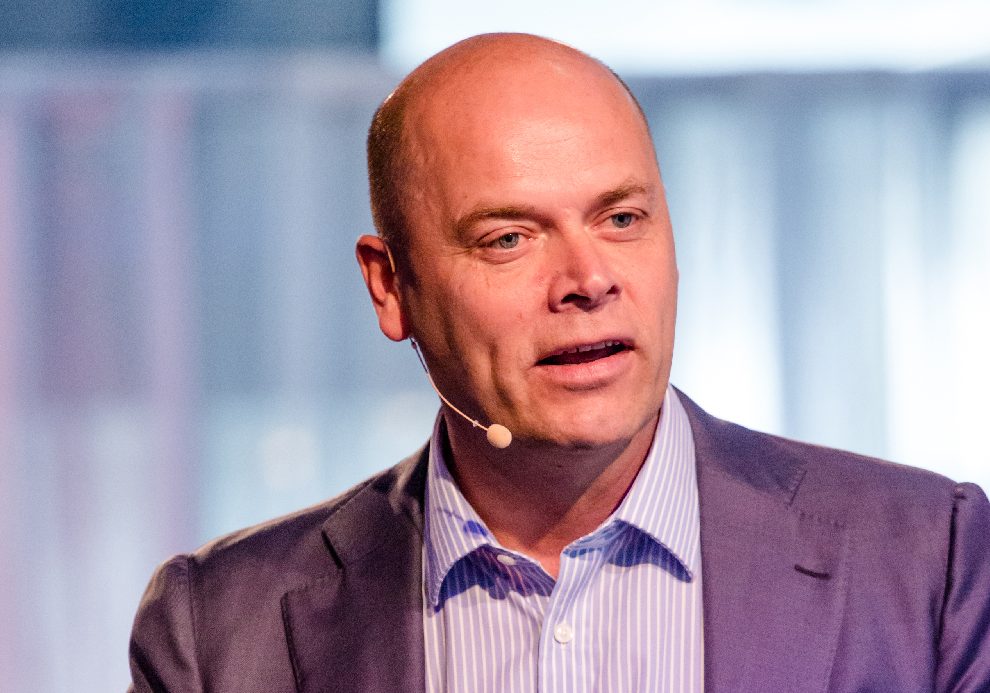Enough of out-of-court settlements, put bankers in the dock

 Banks that settle scandals out of court continue in their wicked ways. Instead, they should be hauled before a judge so justice is seen to be done, says economist Mathijs Bouman.
Banks that settle scandals out of court continue in their wicked ways. Instead, they should be hauled before a judge so justice is seen to be done, says economist Mathijs Bouman.
But Mr Hamers, how do you explain the fact that your own computer system was programmed deliberately to limit alarm signals over possible money laundering practices to three times a day?
The public prosecutor gazes at the ING boss Ralph Hamers for a long time before adding: ‘And how could it be that your bank – in spite of repeated warnings by supervisors – simply refused to set aside extra money to comply with the legal obligation to prevent money laundering? Answer me that, Mr Hamers, if you can.’
Coming soon to a court near you? No, unfortunately. ING ‘forgot’ to properly monitor account holders’ money laundering practices but will not be held accountable in court. The public prosecution office decided to settle for an amount totalling €775m. It’s the toughest settlement ever and it will hurt. But I would rather have had a court case in which guilt and retribution could have been discussed for all to witness.
Risk
Wilfred Nagel, the ING’s chief risk officer between 2011 and 2017, would have been in the dock as well. We know Nagel as a man who can be vehement in his defence of the banking sector in the public debate.
That is very brave of him and makes him popular with journalists as many bankers are less than communicative. He is, then, the very man to explain to the judge – and the rest of the country – how a systemically important bank such as ING could have strayed so far from the straight and narrow.
Perhaps the public prosecutor could have reminded him of the first paragraph of the Compliance Risk Management Charter so prominently displayed on the IBG website: ‘ING is committed to the preservation of its reputation and integrity through compliance with applicable laws, regulations and ethical standards in each of the markets in which it operates.’
Please explain the gaping abyss between theory and practice, Mr Nagel.
Guilty
I am not out for anyone’s blood, that is not what it’s about. But a public court case would result in clear norms visible to the whole of society. The bank must plead guilty, account for its actions and take responsibility. Settlements are too much like a tax on crime: just pay the government its due and carry on banking.
In the wake of the credit crisis (when banks promised to clean up their act) one scandal followed another, from Libor and currency manipulation to interest swaps and from money laundering to sanctions evasion. Many cases were settled out of court.
But clearly settlements are not enough of a deterrent. So can we have a proper reckoning next time, in court, so the government can show the public that breaking the law can never be a matter of business-as-usual.
This column was published earlier in the Financieele Dagblad
Thank you for donating to DutchNews.nl.
We could not provide the Dutch News service, and keep it free of charge, without the generous support of our readers. Your donations allow us to report on issues you tell us matter, and provide you with a summary of the most important Dutch news each day.
Make a donation